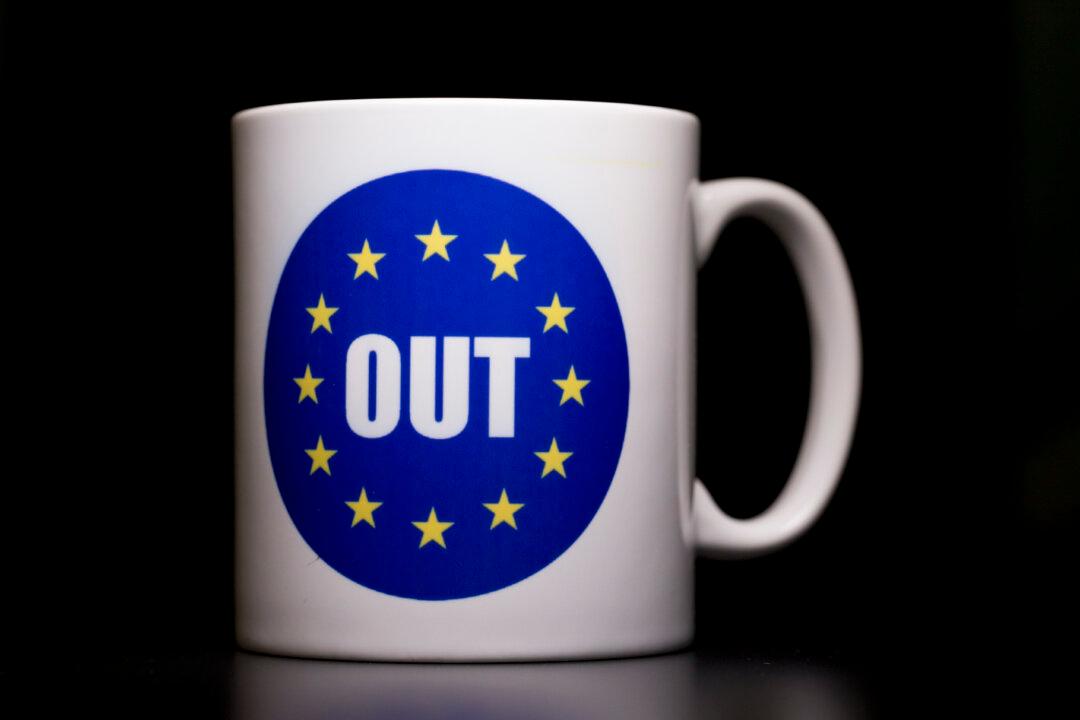For an E.U. already seething with popular discontent and a eurozone still hovering on the brink of dissolution, Brexit represents an existential challenge.
For Britain, on the other hand, it promises liberation. It is the chance to return to normal self-government—and it is normal in the modern world for nations to run their own affairs.
State rivalry has occasionally caused wars in Europe in the past. However, democratic nation states were never a cause of war—resistance to their emergence by supranational empires was. European supranational empires have never been the friends of democracy. That remains the case today.
The attempt to unite all nations of Europe into one polity and one economy has been a distinctly abnormal experiment and is historically misconceived. Europe is a state system, not a state. It overtook the rest of the world economically and politically centuries ago precisely on account of its disunity. It was disunity that allowed for competition in, and cross-pollination of, political and economic ideas across the continent.
Global historians call this process the European Miracle. Examples of the working of this European miracle abound: persecuted Jews in the Middle Ages and Huguenots after 1685 could emigrate from one state to find freedom in another; academies were established during the Enlightenment specifically to circulate ideas; Bismarck’s welfare reforms in Germany were copied everywhere.
A Case Apart
Britain had a particular place in this miracle. It was a source of new ideas and technologies. It was the prime example of constitutional monarchy and parliamentary government. But perhaps more importantly, Britain, as a sovereign state, regularly had to use her independence to save Europe from unification. It did so under Habsburg, French, Napoleonic, German, and Nazi imperialism. As a result, European democracy owes its emergence and survival in large measure to British sovereignty.
In the struggle to remove the yoke of French revolutionary and Napoleonic imperialism—a struggle that took quarter of a century—it was the stubbornness of British opposition that led to French defeat. The whole of Europe, meanwhile, had been conquered and reorganized by the Emperor of the French. No other power opposed the French so persistently or did so with such success on land and sea as did Britain.
The Younger Pitt said famously, “England has saved herself by her exertions and will, I trust save Europe by her example.”
And she did. Her naval victories, plus the Peninsular Campaign, did much in themselves to defeat Napoleon. Moreover, without British subsidies, the great powers of the Fourth Coalition could simply never have afforded to arm the troops that fought the crucial Wars of Liberation in Germany and France in 1813 and 1814.
In the struggle against Hitler, Britain was once again called upon to face a united Europe. If she had come to terms in 1940, the fate of European democracy would have been sealed forever. Hitler, by 1943, was painting himself as the leader of Europe and calling for European volunteers to fight Bolshevist barbarism. Europe fought back but it was Britain’s resistance, again, that saved the day.
Lessons From History
Since 1945, the European miracle has, to a certain extent, continued. European growth has been driven not by E.U. policies but by individual states copying the economic supply-side reforms advocated most notably by Margaret Thatcher.
E.U. policies—from agriculture and fisheries to the euro—on the other hand, have been detrimental to the European economy. Bad policy enforced across a continent by a centralized bureaucracy continues to be a recipe for disaster.
The paradox is that the more the new European empire consolidates, the quicker it will decline—and take Britain down with it.
